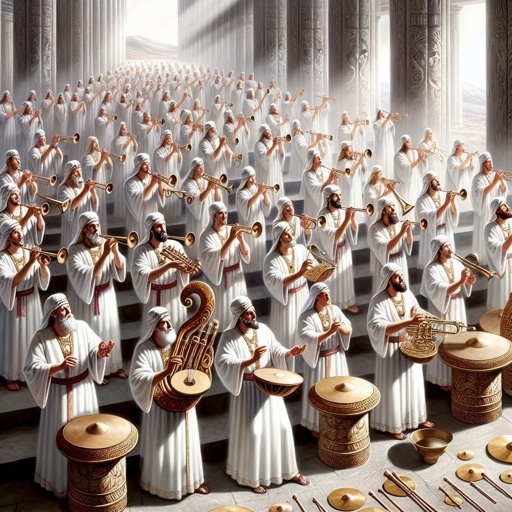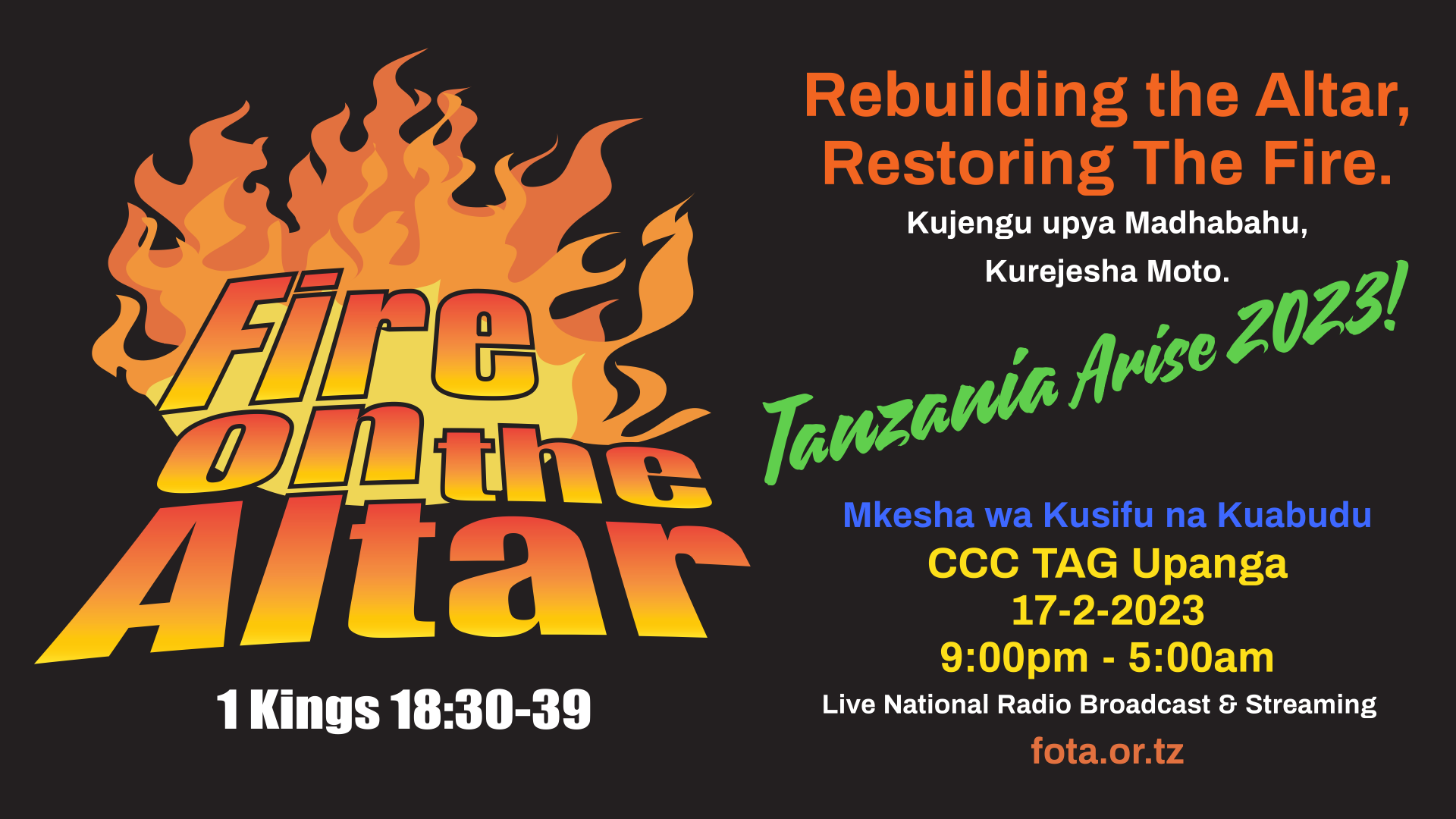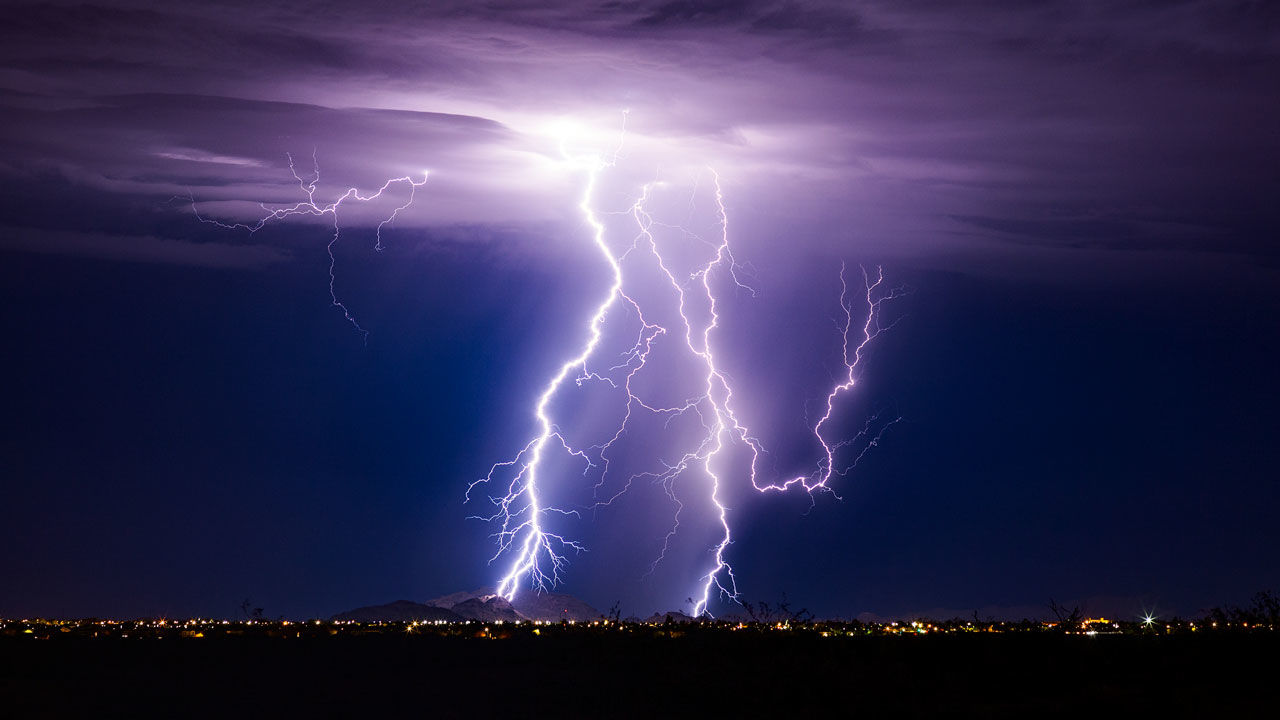Thanksgiving and Praise Manifests God’s Presence

The word ‘Thanks’ appears 100 times in the NIV version of the Bible especially when adding its use in the word thanksgiving.
Starting with the book of Leviticus, Chapter 7 and verse 12 where it is used in the offering for thanksgiving and in the book of Revelation 11:17 where from verse 16 the 24 elders fell upon their faces and worshipped God saying ‘We give thee thanks, O Lord God Almighty’. To break down each and every reference of giving thanks to our Father in Heaven would take a book but there is a common thread which one quickly finds and wherein lies the secret of this ministry to the Lord: There is power in giving God thanks that many have not yet tapped into, and He has clearly shown this from the Law down to Jesus giving thanks when he broke the bread at the last supper.
There are 28 psalms that give reference to thanksgiving and we are well aware of Psalm 100 verse 4, that declares we enter his gates with thanksgiving and his courts with praise. It does not say we enter with Praise and then Worship. Even the Lord’s Prayer starts with hallowing (praising) our father and does not include a declaration of worship.
Here are some references beginning in the book of Leviticus:
Leviticus 22:29 KJVS
[29] And when ye will offer a sacrifice of thanksgiving unto the Lord, offer it at your own will. (Note: thanksgiving is not by coercion or for exchange when wanting something)
2 Samuel 22:50 KJVS
[50] Therefore I will give thanks unto thee, O Lord, among the heathen, and I will sing praises unto thy name. (Thanks and Praise)
1 Chronicles 16:34-42 NIV
[34] Give thanks to the Lord, for he is good; his love endures forever. [35] Cry out, “Save us, God our Savior; gather us and deliver us from the nations, that we may give thanks to your holy name, and glory in your praise.” [36] Praise be to the Lord, the God of Israel, from everlasting to everlasting. Then all the people said “Amen” and “Praise the Lord.” [37] David left Asaph and his associates before the ark of the covenant of the Lord to minister there regularly, according to each day’s requirements. [38] He also left Obed-Edom and his sixty-eight associates to minister with them. Obed-Edom son of Jeduthun, and also Hosah, were gatekeepers. [39] David left Zadok the priest and his fellow priests before the tabernacle of the Lord at the high place in Gibeon [40] to present burnt offerings to the Lord on the altar of burnt offering regularly, morning and evening, in accordance with everything written in the Law of the Lord, which he had given Israel. [41] With them were Heman and Jeduthun and the rest of those chosen and designated by name to give thanks to the Lord, “for his love endures forever.” [42] Heman and Jeduthun were responsible for the sounding of the trumpets and cymbals and for the playing of the other instruments for sacred song. The sons of Jeduthun were stationed at the gate. (Note how David realised what the job of the singers and instrumentalists were for – to give THANKS and PRAISE by way of sacred song. Later in the Bible we see how Solomon assigns the singers and after they sing in unison the glory fills the temple and they cannot minister. Nehemiah also finds these levites and assigns them to sing according to this principle established by David.)
1 Chronicles 25:1-7 NIV
[1] David, together with the commanders of the army, set apart some of the sons of Asaph, Heman and Jeduthun for the ministry of prophesying, accompanied by harps, lyres and cymbals. Here is the list of the men who performed this service: [2] From the sons of Asaph: Zakkur, Joseph, Nethaniah and Asarelah. The sons of Asaph were under the supervision of Asaph, who prophesied under the king’s supervision. [3] As for Jeduthun, from his sons: Gedaliah, Zeri, Jeshaiah, Shimei, Hashabiah and Mattithiah, six in all, under the supervision of their father Jeduthun, who prophesied, using the harp in thanking and praising the Lord. [4] As for Heman, from his sons: Bukkiah, Mattaniah, Uzziel, Shubael and Jerimoth; Hananiah, Hanani, Eliathah, Giddalti and Romamti-Ezer; Joshbekashah, Mallothi, Hothir and Mahazioth. [5] (All these were sons of Heman the king’s seer. They were given him through the promises of God to exalt him. God gave Heman fourteen sons and three daughters.) [6] All these men were under the supervision of their father for the music of the temple of the Lord, with cymbals, lyres and harps, for the ministry at the house of God. Asaph, Jeduthun and Heman were under the supervision of the king. [7] Along with their relatives—all of them trained and skilled in music for the Lord—they numbered 288.
The list of scriptures showing the pattern of this ministry and whom it was meant to be directed to is clear:
1: It is to give thanks and praise
2. It is to minister to the Lord (there is no mention that they led the people or ministered to them, rather they ministered to God and as they did that He ministered to the people by manifesting Himself and this made them worship.
3. In David’s time they were trained and skilled but also could prophecy with the music.
In these last days it is clear Jesus has given us the Holy Spirit and guess what happens when they are filled:
Acts 2:5-11 NIV
[5] Now there were staying in Jerusalem God-fearing Jews from every nation under heaven. [6] When they heard this sound, a crowd came together in bewilderment, because each one heard their own language being spoken. [7] Utterly amazed, they asked: “Aren’t all these who are speaking Galileans? [8] Then how is it that each of us hears them in our native language? [9] Parthians, Medes and Elamites; residents of Mesopotamia, Judea and Cappadocia, Pontus and Asia, [10] Phrygia and Pamphylia, Egypt and the parts of Libya near Cyrene; visitors from Rome [11] (both Jews and converts to Judaism); Cretans and Arabs—we hear them declaring the wonders of God in our own tongues!”
They actually prophecy and praise God. It is evident that if God wanted us to understand the infilling was for spiritual warfare only they would have been binding and rebuking in tongues. We are told that the Lord abides (dwells) in the praises of His people and that out of the mouth of babes He has ordained praise as a weapon. The Holy Spirit gave King Jehoshapat this revelation when He came upon them in prayer and instructed them to send the singers:
2 Chronicles 20:15,21-22 NIV
[15] He said: “Listen, King Jehoshaphat and all who live in Judah and Jerusalem! This is what the Lord says to you: ‘Do not be afraid or discouraged because of this vast army. For the battle is not yours, but God’s. [21] After consulting the people, Jehoshaphat appointed men to sing to the Lord and to praise him for the splendor of his holiness as they went out at the head of the army, saying: “Give thanks to the Lord, for his love endures forever.” [22] As they began to sing and praise, the Lord set ambushes against the men of Ammon and Moab and Mount Seir who were invading Judah, and they were defeated.
I believe we could go on and on and see this pattern. Be encouraged to re-examine your understanding of singing. I would contend that the ministry should be termed Thanksgiving and Praise, and not Praise and Worship as it is very clear that it is when thanksgiving and praise is offered to the Lord led by the Holy Spirit it results in His tangible action at all levels. We shall be discussing this further in a workshop in Mombasa at KPA Mbaraki Club at the end of February and will hopefully upload videos. We look forward to a mighty move of God as the broken tent of David is restored! Be blessed!












